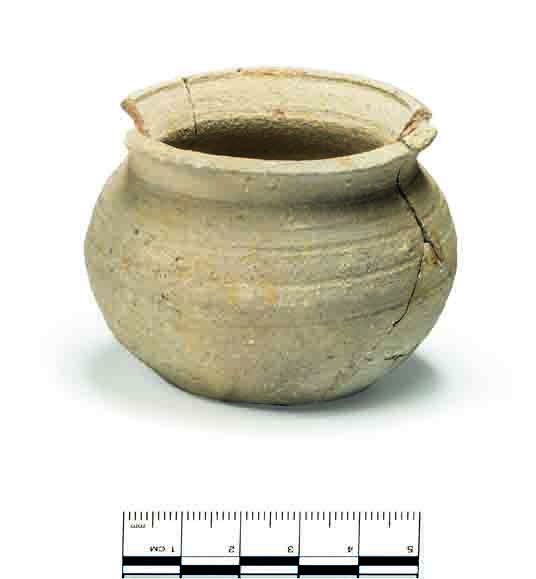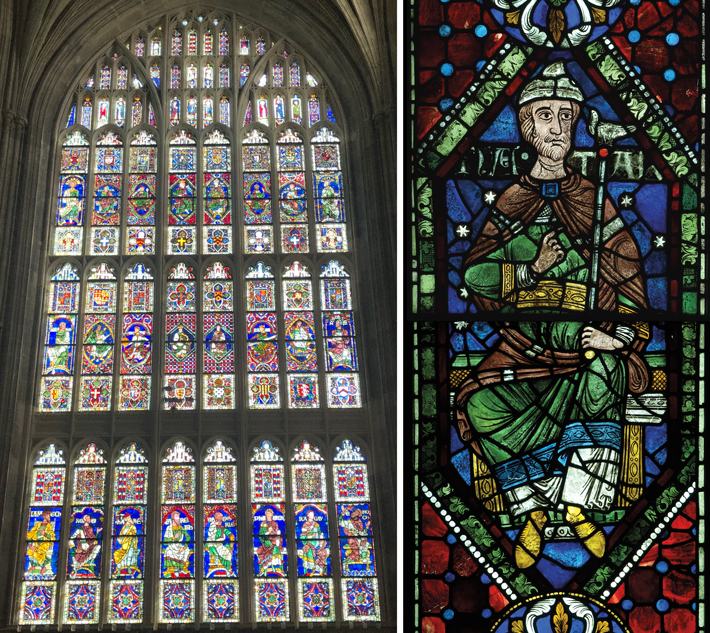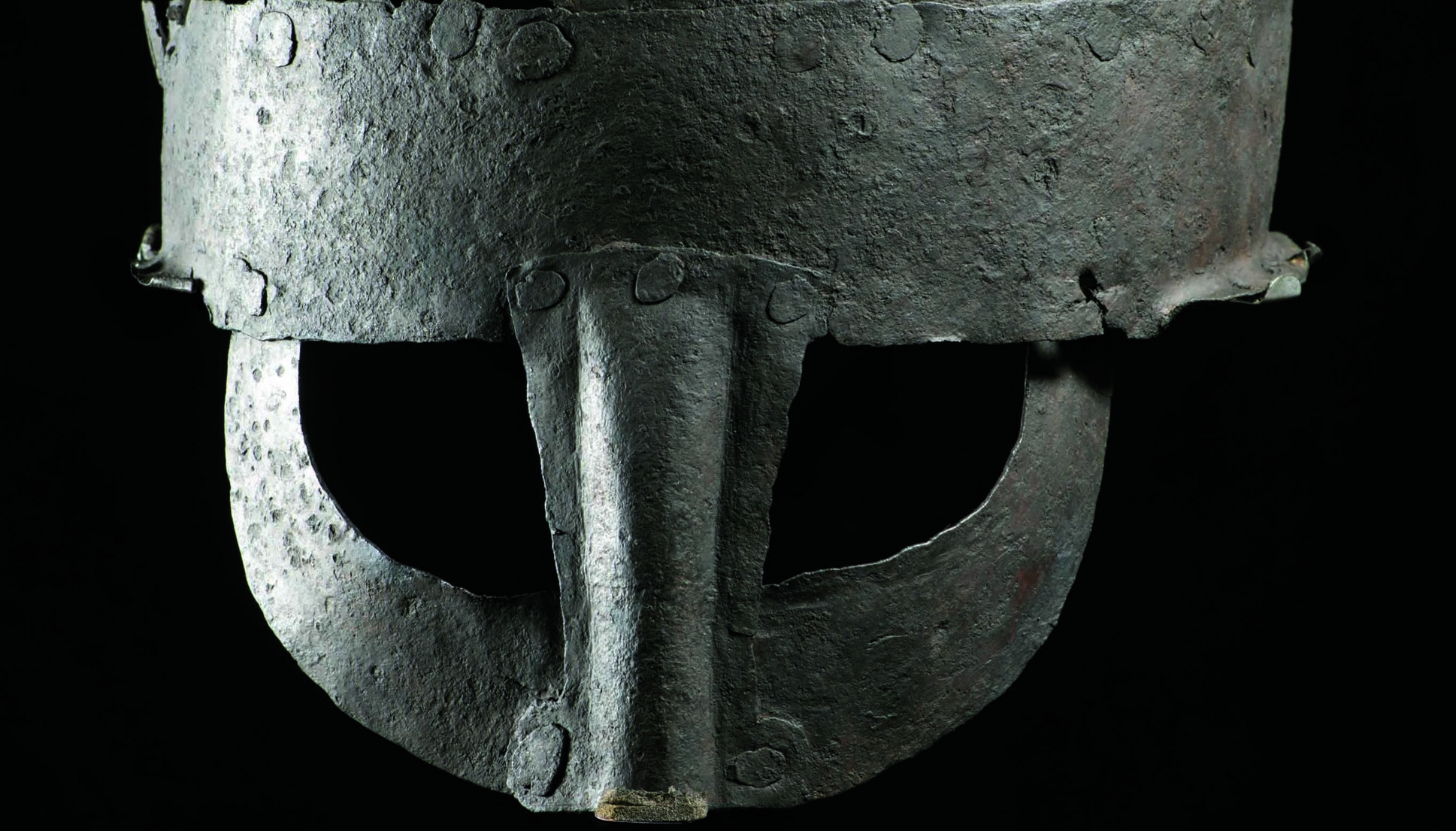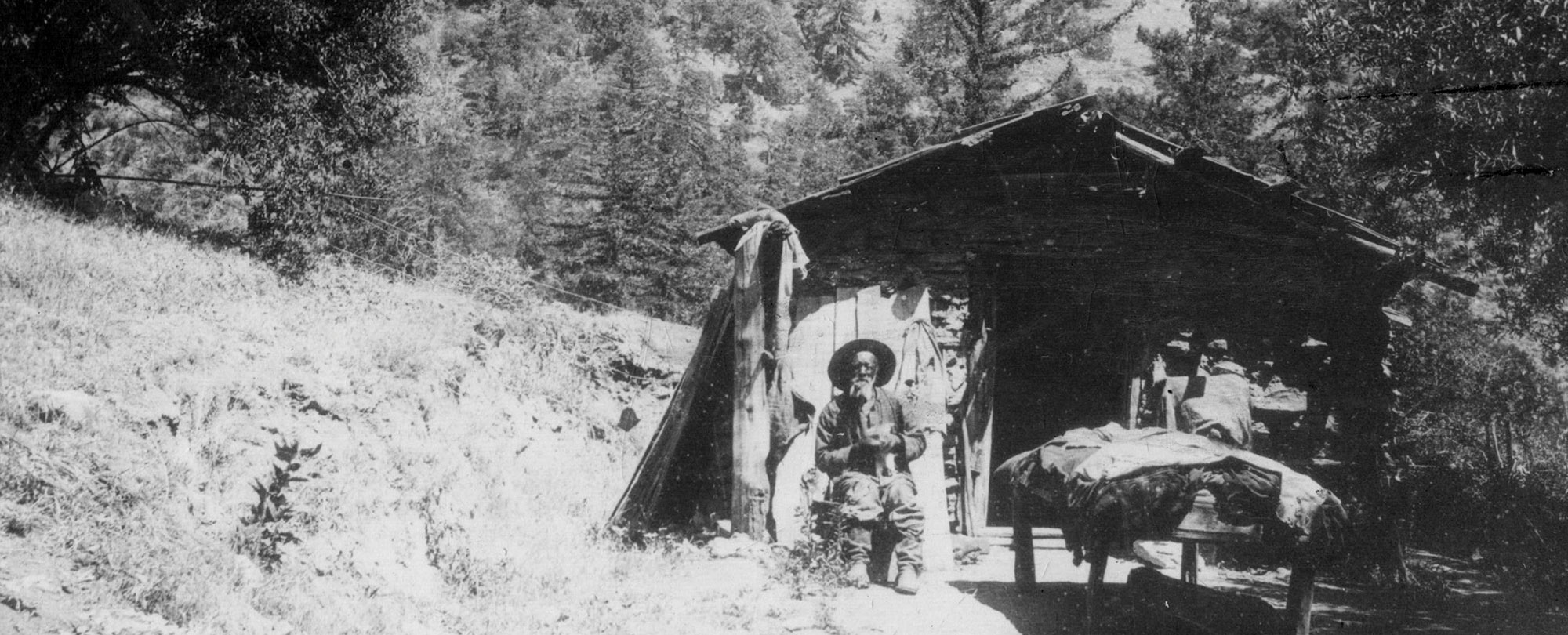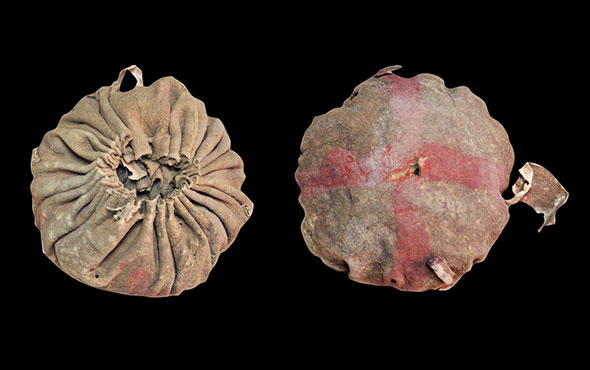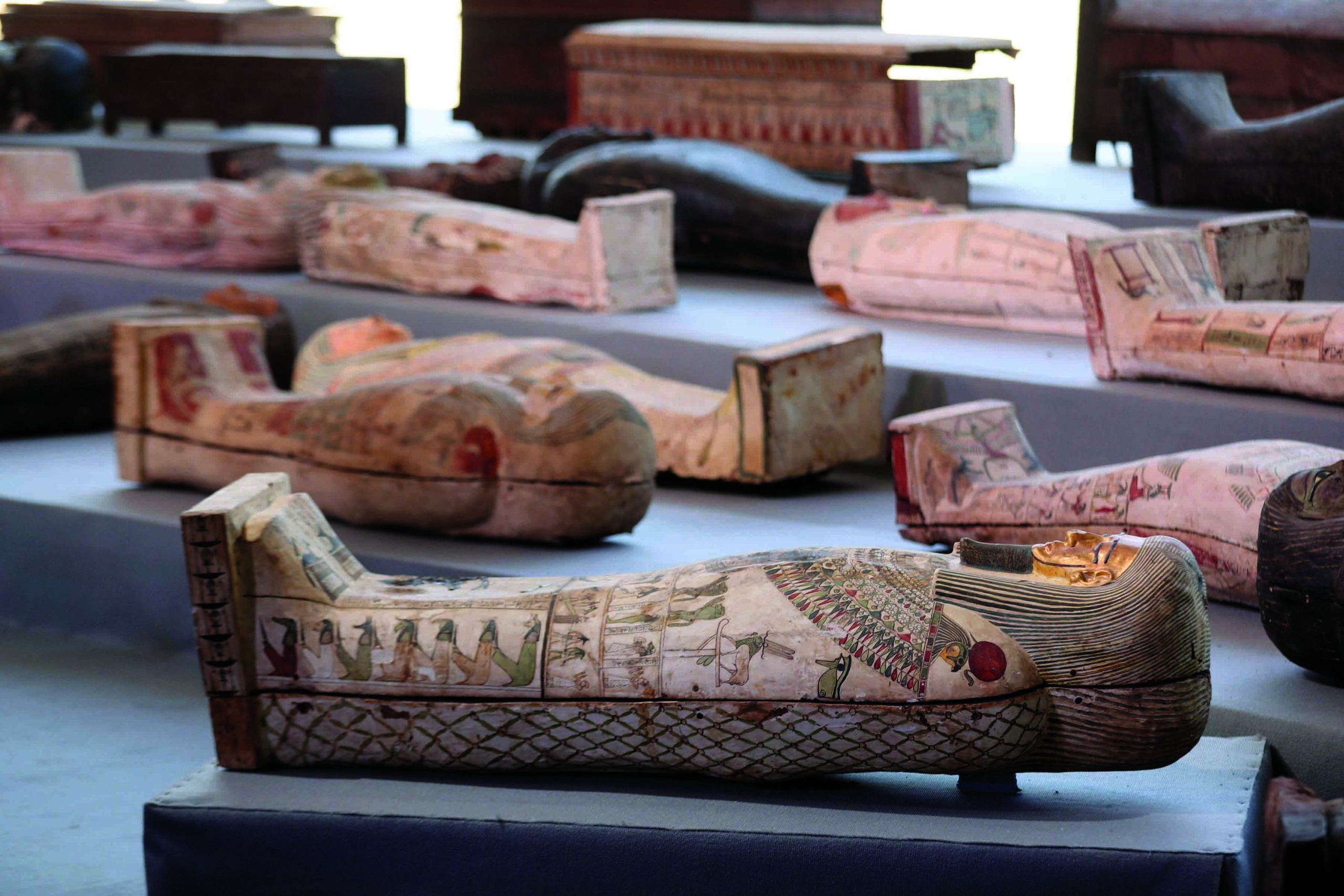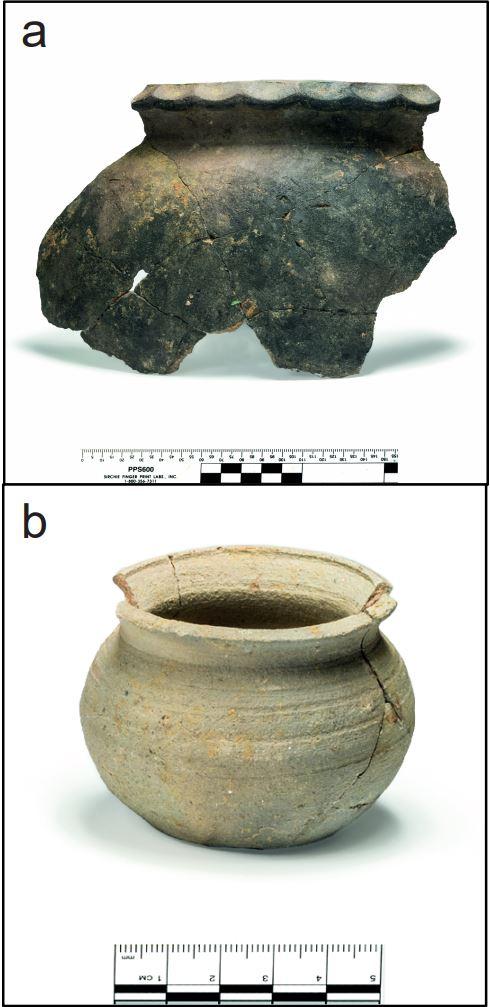
BRISTOL, ENGLAND—According to a statement released by the University of Bristol, analysis of food remains recovered from the medieval Jewish quarter in historic Oxford suggests that the community followed dietary laws known as Kashruth. Researchers from the University of Bristol and Oxford Archaeology uncovered traces of two private houses at St Aldates that belonged to two Jewish families, based upon medieval census records. In a latrine at the site dating back to the eleventh century, the researchers recovered the bones of geese and other domestic fowl, and species of kosher fish, such as herring. Biomolecular analysis of pottery recovered from the two homes found that the vessels may have only been used to cook meat from cattle, sheep, and goats. No pig bones were recovered, and no traces of pork were found on the pottery, suggesting that the residents of the site followed a kosher diet. The researchers note that this is the first time the Jewish dietary signature has been detected in animal bones at an archaeological site in Britain. It is only the third site in Europe to yield evidence of a medieval Jewish diet. To read about excavations of the medieval Jewish cemetery at Cerro de la Horca, go to "Spain's Lost Jewish History."


